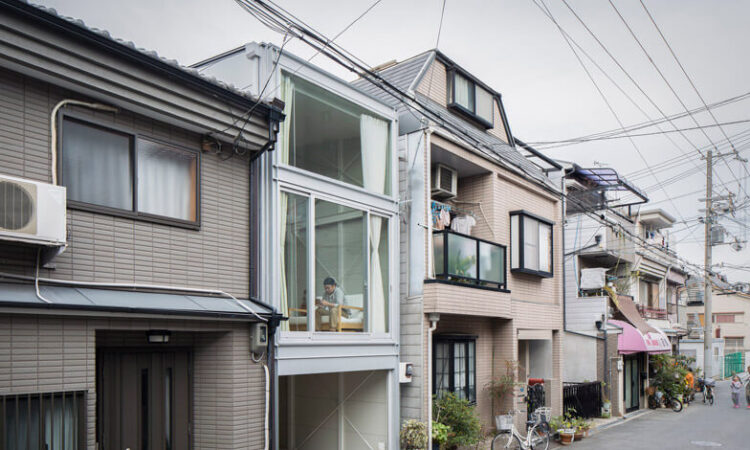
Last updated January 4th, 2024.
Asia has captured foreign investors’ attention with its booming economy, natural resources, and growing population.
Therefore, the continent is now a magnet for global businesspeople and entrepreneurs seeking higher returns and a lower cost of doing business.
Digital nomads, for instance, have flocked to Thailand to start location-independent businesses, while investors are looking towards Cambodia and Vietnam to take advantage of urbanization and solid demographic trends.
However, while investing in Asia can be lucrative, the region can also be challenging to navigate for foreign investors.
Language barriers, non-Western business norms, and restrictive laws can significantly turn off even the most adventurous capitalists.
In the world of real estate, for instance, foreigners can often miss out on opportunities due to restrictions on foreign land ownership. Most Asian countries allow non-citizens to buy condos, yet very few actually allow foreigners to own houses or land legally.
Because of this, if you’re planning to buy a house or a plot of land in Asia, you should also consider the following countries that allow foreigners to own land and houses on a freehold basis.
If your primary goal is to make returns, we don’t necessarily recommend all of these countries for real estate investment though. We’re simply addressing them so you have a better understanding of your options to buying land and houses.
With that said, below are Asia’s five easiest countries to own land as a foreigner.
Malaysia
If you want to buy land or houses in Southeast Asia, you must invest in Malaysia. It’s the only place in Southeast Asia where foreigners can own land.
Malaysia is one of the most investor-friendly countries in Asia. The country generally welcomes foreign capital, while restrictions on land ownership are few.
In fact, the only type of real estate foreigners can’t buy are “heritage properties”, old shophouses, or historic houses from the colonial era.
Besides Malaysia’s openness toward foreign investors, it’s also a solid option if you’re seeking a second residence from your real estate investment. The nation is significantly developed by Southeast Asian standards as well.
You can get a renewable 10-year visa in Malaysia residency by investing through its My Second Home Program (MM2H), which has recently announced an updated requirements guideline for applicants. They appear to be revising them once again in 2024.
Generally, we suggest Malaysia as a good bet for investors looking to buy land or houses in Asia.
While rental yields are only about 3% in large cities such as Kuala Lumpur and Penang, the real estate market is fairly priced – only about $4,000 per sqm for prime residential floor space. There’s lots of room for capital appreciation here.
And of course, the MM2H program makes it a relatively straightforward process to get a residence permit in Malaysia if you’d like to actually live here.
South Korea
Like Malaysia, South Korea doesn’t have many restrictions on foreign land ownership either. This openness to foreign investment makes quite a sense, given how internationalized Korea is.
South Korea’s modern cities, friendly people, and innovative culture attract expats worldwide. Naturally, these foreigners often want to buy their own property.
Unfortunately, becoming a South Korean resident is rather tricky as a foreigner. Like most of its neighbors, the Republic of Korea is picky when issuing long-term visas.
There’s one exception to this rule – Jeju Island. This small island, located off the southern coast of the Korean Peninsula, is a special administrative region that allows nearly everyone to visit without a visa (even citizens of mainland China, who often have a hard time getting anywhere).
Likewise, Jeju also offers an investor residence permit for anyone willing to invest roughly $700,000 worth of real estate on the island. Such a residence permit can eventually lead to Korean citizenship if you reside here full-time.
Note that if you’re set on living in Seoul or Busan proper, you must go through normal channels to get residency in Korea. Buying property outside specific approved areas will not grant you the path to an investment visa.
South Korea can be an excellent place for the correct type of foreign investor to invest in land or houses, especially if you don’t mind spending five years living on either Jeju Island or Incheon to qualify for permanent residence and, eventually, Korean citizenship.
Seoul’s rental yields remain low, and prices per square meter rank among the world’s highest. But you can make better returns in developing areas on the outskirts of the city core or in Korea’s second-tier cities like Busan.
And, of course, if you’re open to living on Jeju Island, you can also get a residence permit and start a process that can eventually give you a South Korean passport.
